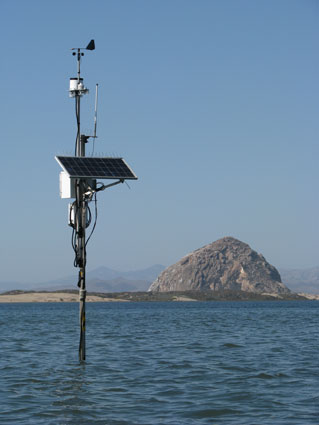New centre keeps Australian climate studies looking ahead
 A new climate research college has opened in Australia, seeking to pick up the slack as climate science is cut in other areas.
A new climate research college has opened in Australia, seeking to pick up the slack as climate science is cut in other areas.
The next generation of experts tasked with tackling major environmental issues will now have a new base of operations, with the launch of The Australian-German College of Climate & Energy Transitions.
The College will offer PhD students the opportunity to pursue research in areas relating to climate and energy, while also undertaking a six-month exchange program at a partner institution in Germany.
The collaborative project has been brought about by the University of Melbourne and German partners; the Potsdam Institute for Climate Impact Research (PIK), the University of Potsdam, the Humboldt University of Berlin and the Technical University of Berlin.
Energy systems, emission mitigation, climate systems and climatic impacts will be the four broad headings of research at the Australian-German College of Climate & Energy Transitions. The enrolled PhD students, selected from over 300 applications, will work with international partners across a range of critical energy and climate issues.
Dr Malte Meinshausen, the Coordinator of the College and Senior Researcher at the Melbourne School of Earth Sciences says the growing international needs for future plans and data dictated the launch of the program.
“The College will embed the in-depth research focus of the individual PhD candidates within the multi-disciplinary and international cohort of students, ranging from climate physics, economics, energy system theory and political science,” he said.
“The collaboration with international research partners provides an ideal environment to tackle these issues.”
“Avoiding a climate crisis, while meeting a growing demand of energy services, is one of the most challenging issues humanity is facing today. Rooted in the two major industrialized countries that have recently embarked on a transition of their energy systems, this project will directly draw from, and inform, the ongoing economic process and policy debate.”
Prof John Schellnhuber, Director of PIK, said the program “…is eminently sensible since Australia and Germany belong to the worldwide leading countries in climate impact research.”
“North and South are stretching out their hands across the equator to jointly explore the future of our planet – and to contribute to a sustainable architecture of this future.”








 Print
Print